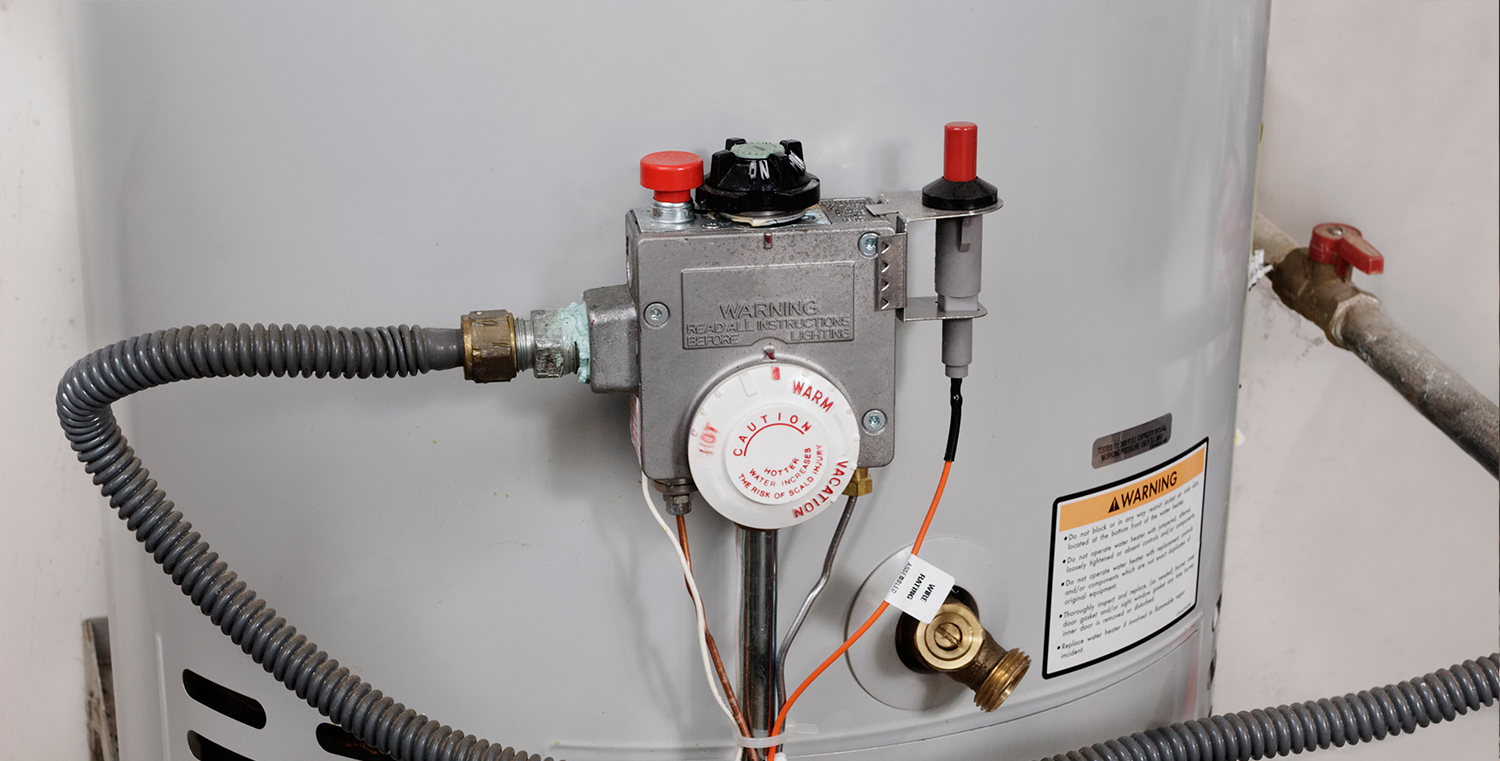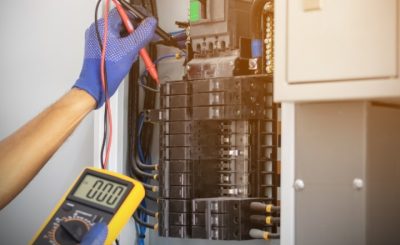Water heaters typically last 8-12 years before replacement becomes necessary due to declining efficiency and increasing repair frequency. Recognizing replacement timing prevents unexpected failures that leave households without hot water during critical periods. Modern units offer improved energy efficiency compared to aging systems that struggle to maintain consistent temperatures and consume excessive energy.
Age and efficiency decline
Professional plumbing services recommend replacement when water heaters exceed 10 years of operation, regardless of apparent functionality. Aging units consume 20-30% more energy than newer models while providing inconsistent performance that worsens over time. Internal components deteriorate gradually, reducing heating capacity and increasing standby heat loss through compromised insulation and worn heating elements. Efficiency decline manifests through longer heating cycles, higher utility bills, and reduced hot water availability during peak usage periods, indicating internal wear that cannot be reversed through repairs or maintenance.
Frequent repair episodes
Water heaters requiring repairs more than twice annually indicate systematic failure that makes replacement more economical than continued maintenance. Heating element failures, thermostat malfunctions, and pressure relief valve problems become increasingly common as units age beyond their design lifespan. Repair costs accumulating to 50% of replacement value within two years signal that continued maintenance represents poor financial planning. Emergency repairs during weekends or holidays command premium pricing while providing temporary solutions to ongoing reliability problems that will resurface repeatedly. Component availability becomes problematic for water heaters older than 15 years, as manufacturers discontinue parts for discontinued models. This obsolescence forces property owners to accept substandard repairs or invest in complete system replacement to restore reliable operation.
Water temperature inconsistency
Temperature fluctuations during normal usage indicate internal problems that cannot be corrected through simple adjustments or minor repairs. Sediment accumulation on heating elements reduces their effectiveness while creating hot spots that damage tank interiors over time. These conditions cause water temperature to vary dramatically between different fixtures and usage times. Inconsistent heating patterns reveal several underlying issues:
- Thermostat calibration drift that prevents accurate temperature control
- Heating element deterioration is causing uneven heat distribution throughout the tank
- Sediment layer insulation that prevents efficient heat transfer from elements to water
- Dip tube failure, allowing cold water to mix prematurely with heated water
- Internal tank corrosion creates irregular heating zones and temperature variations
Visible rust formation
Rust formation on water heater exteriors or in hot water supplies indicates internal tank deterioration that cannot be repaired effectively. External rust typically appears around connections, temperature relief valves, and tank seams where moisture accumulates during normal operation. This visible corrosion suggests more extensive internal damage that compromises tank integrity. Internal rust contamination appears as reddish-brown discolouration in hot water from faucets and appliances. Once rust particles enter the water supply, tank replacement becomes necessary to eliminate contamination and prevent damage to household appliances connected to the hot water system. Rust formation accelerates rapidly once it begins, making early replacement essential to avoid catastrophic tank failure and water damage.
Replacing aging water heaters before complete failure prevents emergencies while capturing energy efficiency improvements available in current models. Proactive replacement scheduling allows proper planning and installation without disrupting household routines or facing premium emergency service charges.








